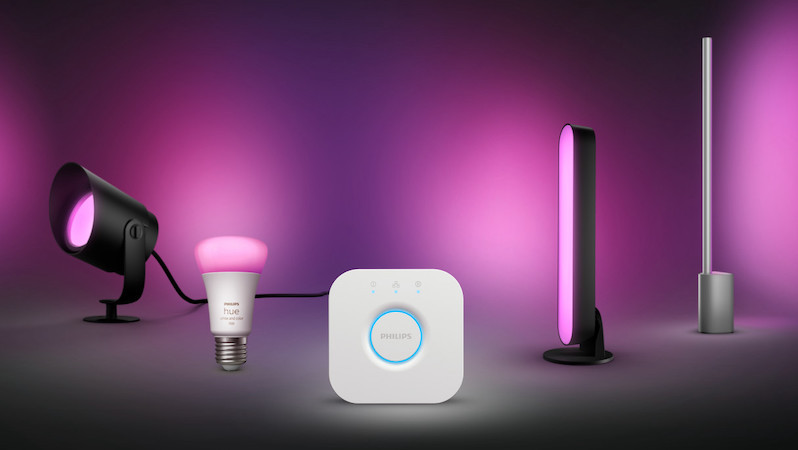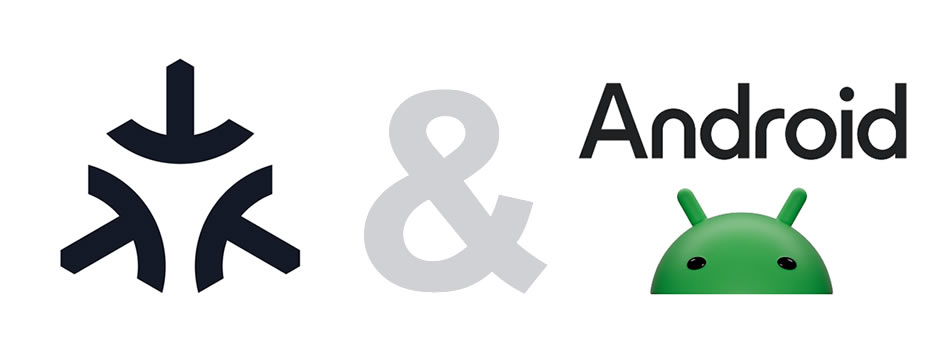The role of a Controller in the Matter standard is crucial for managing various smart devices within a smart home environment. Essentially, Controllers are responsible for overseeing and coordinating the actions of Matter-compatible devices. This role is not limited to specific types of devices but can be integrated into a range of products.
For instance, leading supporters of the Matter standard offer Smart Home hubs, such as SmartThings hubs from Aeotec and Samsung, Apple’s HomePod and Apple TV, Google’s Nest Hub, and Amazon’s Echo models, which all function as Controllers. Additionally, newer entrants like the Homey Pro from Athom or minicomputers running Home Assistant software also serve as Controllers. It’s worth noting that not every hub supporting the standard acts as a Controller; some function solely as Matter Bridges, requiring a separate Controller to manage devices.

Moreover, television sets are emerging as potential Controllers too. Companies like Samsung and LG are equipping their smart TVs with built-in SmartThings hubs or similar functionalities, making them capable of serving as Matter Controllers. Similarly, partnerships between LG and Google mean future TVs will include Google Home Hub features, enhancing their Controller capabilities.
Software-based apps also serve as Controllers, enabling users to manage Matter-compatible devices directly from their smartphones. However, when dealing with devices using Zigbee or other wireless protocols, a dedicated hub or gateway is necessary for maintaining local network connections. Efforts are underway, such as the development of Border Routers, to standardize internet connections for remote control of Thread products.
Looking ahead, the Matter standard is expected to incorporate additional device types, such as smart switches and buttons, with Controller functionalities. For example, the Wibutler platform aims to extend its operating system to include Controller functions for building technology components like boiler control systems.
It’s important to recognize that within the Matter ecosystem, a device can fulfill multiple roles simultaneously or separately. For instance, while smartphones are commonly used for device setup due to their camera capabilities, TVs primarily serve as Controllers during regular usage. Furthermore, Controllers need not also function as end devices; they can manage devices without being responsive to commands from other Controllers. This segregation ensures compatibility and functionality within specific ecosystems but limits interoperability across different platforms.






